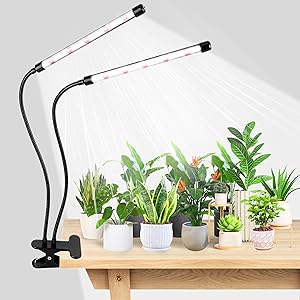What is Permaculture Gardening?
Permaculture gardening is a sustainable agricultural practice that integrates ecological principles into the design and management of gardens. It emphasizes working with nature rather than against it, creating a self-sustaining ecosystem that requires minimal intervention. This approach not only enhances biodiversity but also promotes soil health, water conservation, and energy efficiency.
The Principles of Permaculture Gardening
At the heart of permaculture gardening are its core principles, which include observing and interacting with the environment, capturing and storing energy, and obtaining a yield. These principles guide gardeners in creating systems that are resilient and productive. By understanding the natural patterns and cycles within their gardens, practitioners can make informed decisions that benefit both their plants and the surrounding ecosystem.
Designing a Permaculture Garden
Designing a permaculture garden involves careful planning and consideration of various elements such as climate, soil type, and available resources. Gardeners often use techniques like zoning, which organizes the garden into areas based on the frequency of use and maintenance needs. This strategic layout maximizes efficiency and minimizes waste, allowing for a more harmonious relationship between the gardener and the garden.
Soil Health in Permaculture Gardening
Soil health is a fundamental aspect of permaculture gardening. Healthy soil is rich in organic matter and microorganisms, which are essential for plant growth. Techniques such as composting, mulching, and crop rotation are commonly employed to enhance soil fertility and structure. By nurturing the soil, gardeners can create a thriving environment for their plants, leading to increased yields and resilience against pests and diseases.
Water Management Techniques
Effective water management is crucial in permaculture gardening. Techniques such as rainwater harvesting, swales, and drip irrigation help conserve water and ensure that plants receive adequate moisture. By designing gardens that capture and utilize water efficiently, gardeners can reduce their reliance on external water sources and promote a more sustainable approach to gardening.
Companion Planting in Permaculture
Companion planting is a key strategy in permaculture gardening, where different plant species are grown together to enhance growth and deter pests. Certain plants can provide shade, support, or nutrients to their neighbors, creating a symbiotic relationship that benefits the entire garden. This method not only increases biodiversity but also reduces the need for chemical fertilizers and pesticides.
Permaculture and Biodiversity
Biodiversity is a cornerstone of permaculture gardening. By incorporating a variety of plants, animals, and microorganisms, gardeners can create a balanced ecosystem that is more resilient to environmental changes. Diverse plantings attract beneficial insects and wildlife, which help control pests and pollinate flowers, ultimately leading to a healthier and more productive garden.
Permaculture Gardening Techniques
Various techniques are employed in permaculture gardening to optimize space and resources. These include raised beds, vertical gardening, and intercropping. Each method has its advantages, allowing gardeners to adapt their practices to suit their specific conditions and goals. By experimenting with different techniques, gardeners can discover what works best for their unique environment.
The Role of Community in Permaculture Gardening
Community plays a vital role in the success of permaculture gardening. Sharing knowledge, resources, and experiences fosters a sense of belonging and collaboration among gardeners. Community gardens and local permaculture groups provide opportunities for individuals to learn from one another, exchange ideas, and work together towards common goals, ultimately strengthening the local food system.
Benefits of Permaculture Gardening
The benefits of permaculture gardening extend beyond individual gardens. By promoting sustainable practices, gardeners contribute to environmental conservation, food security, and community resilience. Permaculture gardening encourages a deeper connection to nature and fosters a sense of responsibility towards the planet, making it a powerful tool for positive change in our world.

